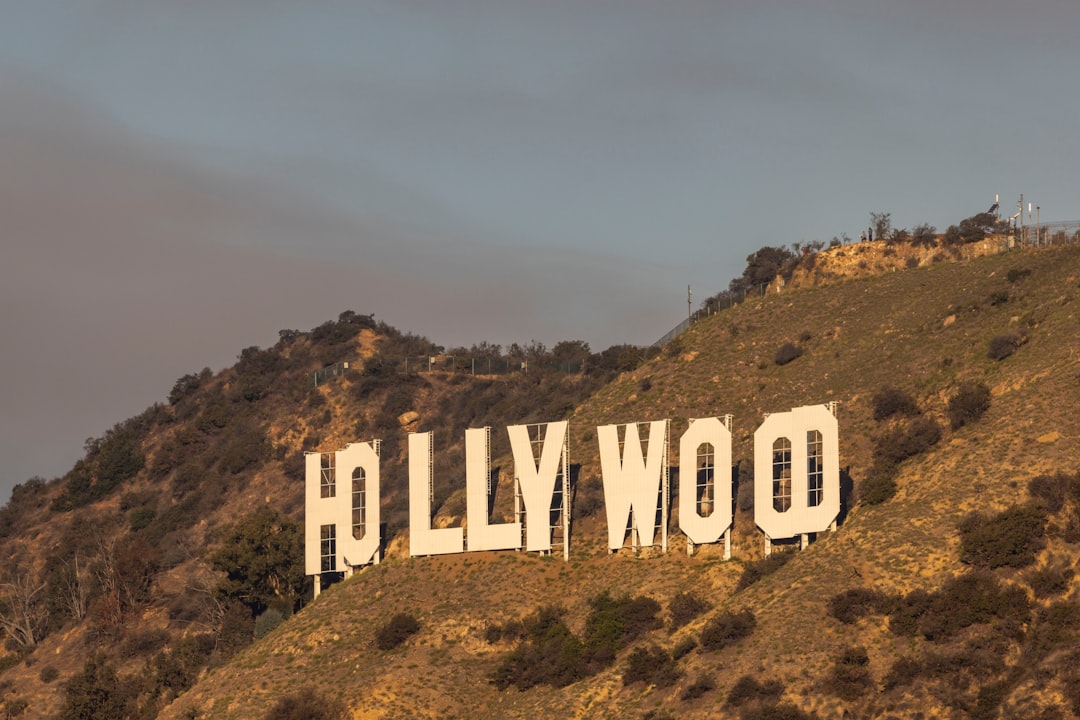Summary: The entertainment industry is grappling with how to respond to rapid advances in AI technology. While OpenAI pushes forward with tools like the Sora app, Hollywood executives express concern but lack a clear strategy. The music industry shows more readiness to engage, but overall, AI companies are moving faster than traditional media can adapt.
A Clash Between Silicon Valley and Hollywood
This week highlighted the growing divide between Silicon Valley’s fast-paced AI innovation and Hollywood’s cautious approach. At OpenAI DevDay, CEO Sam Altman introduced the Sora app, designed as a creative tool for content creators, emphasizing its potential to deepen fan engagement. Meanwhile, Hollywood executives gathered at Bloomberg’s Screentime event in Los Angeles, where the mood was more uncertain.
OpenAI’s Bold Move with Sora
OpenAI’s Sora app quickly gained popularity, hitting 1 million downloads and sparking conversations across the entertainment world. Altman described the app as a “new generation of fanfiction,” suggesting that creators and rights holders are excited about its possibilities. However, the app’s training on existing intellectual property without explicit permission raised concerns among industry leaders.
Hollywood’s Mixed Reactions to AI
At Screentime, many executives emphasized their commitment to copyright, yet few addressed the reality that OpenAI had used their content to train AI models without consent. Netflix co-CEO Greg Peters sidestepped direct questions about Sora, focusing instead on AI’s behind-the-scenes uses in production. Paramount Skydance CEO David Ellison likened AI to a “new pencil” for creativity, highlighting its potential as a tool rather than a threat. Warner Music CEO Robert Kyncl stood out by insisting on licensing content for AI training and warning of consequences for unauthorized use.
Music Industry Takes a Stronger Stand
The music industry’s more unified stance on AI reflects its experience navigating similar challenges during the rise of music streaming. Kyncl expressed optimism that AI could ultimately benefit the industry, drawing parallels to how YouTube evolved into a major platform despite initial copyright conflicts.
The Road Ahead for AI and Entertainment
With Hollywood lacking a cohesive response, AI companies like OpenAI continue to advance rapidly, often seeking forgiveness rather than permission. OpenAI’s deliberate choice to train Sora on existing content without clear regard for rights holders exemplifies a tech industry playbook aimed at dominance. As AI reshapes entertainment, the industry faces a critical moment to define its future relationship with these powerful technologies.
Follow topics and authors from this story to see more like this in your personalized homepage feed and to receive email updates.
